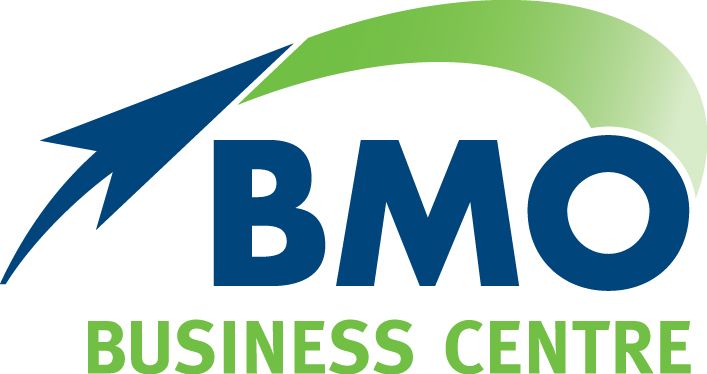New Increased Super Contribution Caps
As the end of financial year gets closer, some investors are thinking about the most effective ways to boost their super balance, particularly with an increase in the caps on contributions from 1 July.
The concessional contributions cap, which is the maximum in before-tax contributions you can add to your super each year without paying extra tax, is increasing to $30,000 from $27,500 in the new financial year.i
The cap increases in line with average weekly ordinary earnings (AWOTE).
It is also useful to be aware of payment and reporting timelines. For example, your employer can make super guarantee contributions up until 28 July for the final quarter of the financial year and salary sacrifice contributions up until 30 June.
Any amounts showing on the ATO website for your account are based on when your fund reports to the ATO.
Carry forward unused amounts
If you haven’t made extra contributions in past years, you may have unused concessional cap amounts.
These can be carried forward, allowing you to contribute more as long as your super balance is less than $500,000 at 30 June of the previous financial year.
You can carry forward up to five years of concessional contributions cap amounts.
Getting close to exceeding the cap?
If you’re worried about going over the cap, you may wish to stop any further voluntary contributions based on an assessment of the extra tax you will pay.
For those with two or more employers, you may opt out of receiving the super guarantee from one of the employers.
Meanwhile, if special circumstances have caused you to exceed your cap, it’s possible to apply to the ATO for some or all of the contributions to be disregarded or allocated to the next financial year.
But, if all else fails and you have exceeded the cap, the excess contributions will be included in your assessable income and taxed at your marginal rate less a 15 per cent tax offset. The good news is that you can withdraw up to 85 per cent of the excess contributions from your super fund to pay your tax bill. Any excess contributions left in the fund will be counted towards your non-concessional contributions cap.
Timing is everything
The upcoming Stage 3 tax cuts, which commence on 1 July 2024, may affect the value of your concessional contributions. For some, tax benefits may be greater if contributions are made before the tax cuts begin.
Please check with us about your circumstances to make sure you make the most effective move.
Non-concessional cap also increased
The non-concessional contributions cap is the maximum of after-tax contributions you can make to your super each year without paying extra tax.ii
The non-concessional cap is exactly four times the amount of the concessional cap so it increases from $110,000 to $120,000.
If you exceed the cap, you may be eligible to use the ‘bring forward rule’, which allows you to use caps from future years and possibly avoid paying extra tax. It means you can make contributions of up to two or three times the annual cap amount in the first year of the bring forward period. iii
If your total super balance is equal to or more than the general transfer balance cap ($1.9 million from 2023–24 and 2024-25) at the end of the previous financial year, your non-concessional contributions cap is zero for the current financial year.
We’d be happy to help with advice about how the changes in contribution caps might affect you and whether you are eligible for the bring forward rule.
i, ii Understanding concessional and non-concessional contributions | Australian Taxation Office (ato.gov.au)
iii Non-concessional contributions cap | Australian Taxation Office (ato.gov.au)
The information in this article does not take into account your objectives, needs and circumstances. We recommend that you obtain investment and taxation advice specific to your investment objectives, financial situation and particular needs before making any investment decision or acting on any of the information contained in this document. Subject to law, Capstone Financial Planning nor their directors, employees or authorised representatives gives any representation or warranty as to the reliability, accuracy or completeness of the information; or accepts any responsibility for any person acting, or refraining from acting, on the basis of the information contained in this document. Principal Wealth Management Pty Ltd trading as BMO Financial Solutions ABN 53 109 336 601 is a Corporate Authorised Representative (CAR 277821) of Capstone Financial Planning Pty Ltd ABN 24 093 733 969 Australian Financial Services Licence (AFSL) No. 223135.


